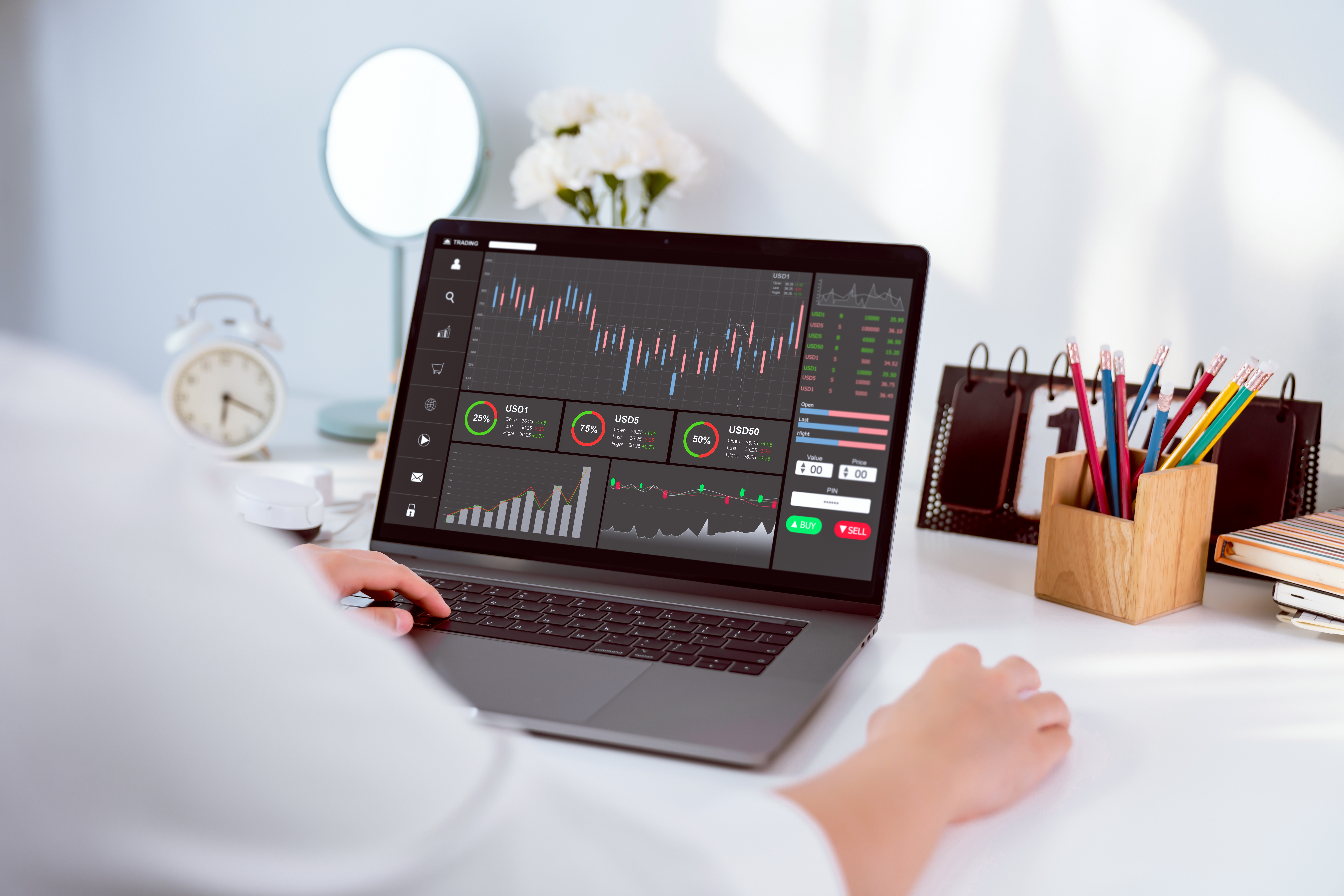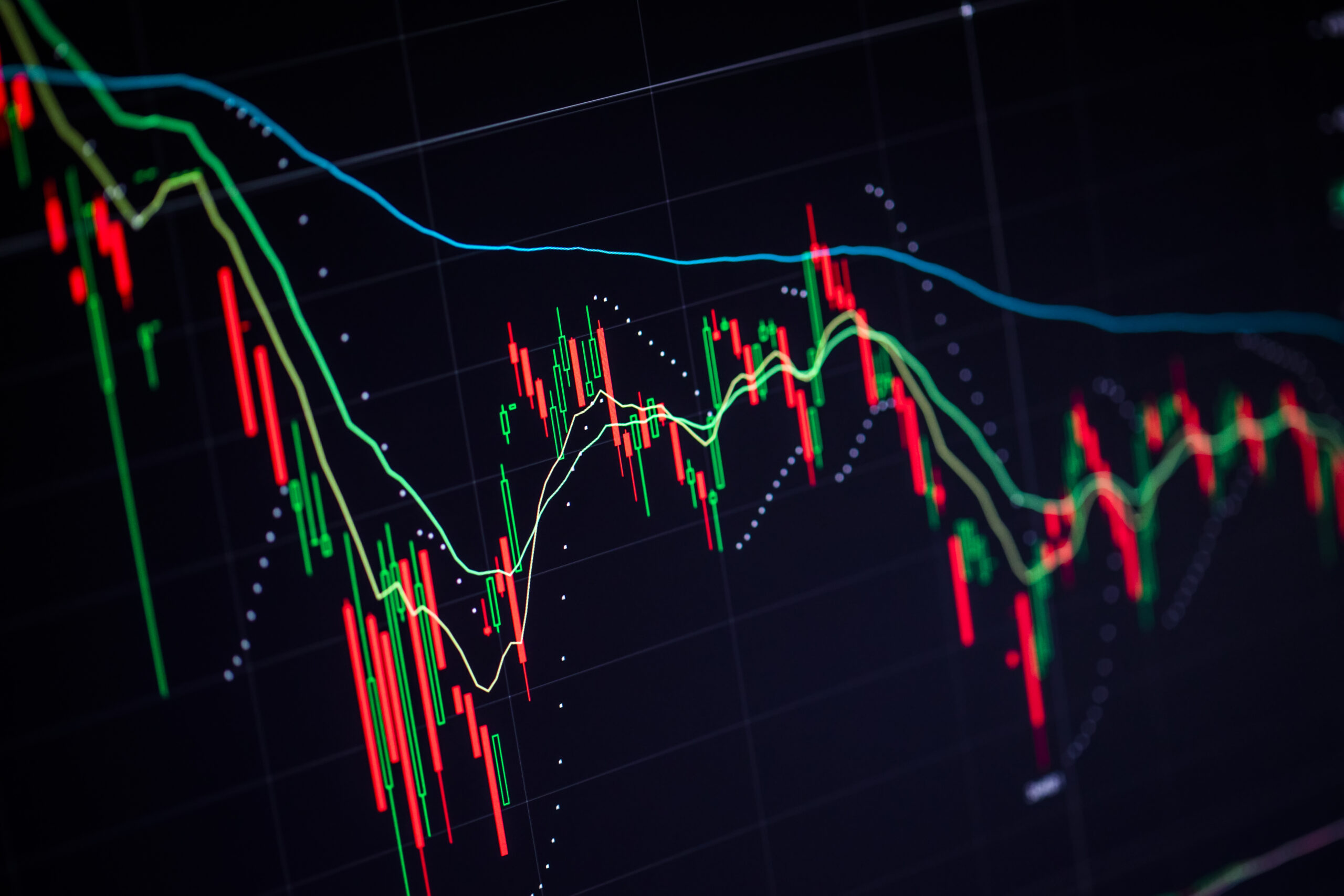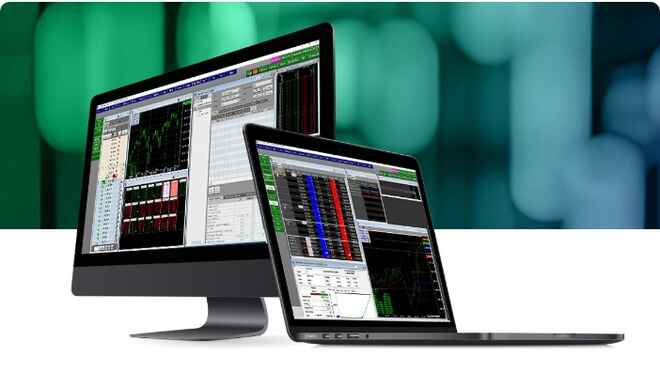Sugar Futures Markets
Sugar futures are a highly valued commodity futures product. The appeal of sugar futures as an investment stems from its wide use throughout the globe. As such a popular commodity futures product, investors can use sugar futures to make plays against strong or weak economies, as well as weather conditions and government policies around the world.
Sugar Futures – Contract Specs
| Contract Symbol | Contract Units | Price Quotation | Trading Exchange | Trading Hours | Tick Value |
| YO | 112,000 lbs | U.S. dollars and cents per pound | CME GLOBEX | 18:00 – 17:00 | 0.0001 per pound = $11.20 |
Sugar Futures History
Sugar futures began trading in the United States in 1914 on the coffee, sugar and cocoa exchange in New York and the New York Board of Trade. Options on sugar futures were introduced in 1982.
Sugar as a product dates back as far as fourth century India and was once so rare it was referred to as “white gold”. Sugar cane, which was the first source of sugar, is a perennial grass that is grown in tropical and subtropical areas. Eventually, beets were discovered as a source of sugar. Today, sugar can be found throughout the world, with more than 120 countries producing it for domestic and international use.
Sugar Futures Facts
Around 160 million metric tons of sugar is produced every year, with the largest producers being Brazil, India and the European Union. The primary driver of sugar prices is government regulation. Many governments heavily subsidize their sugar manufacturers to “dump” cheaply priced sugar in the market. Currently, 69 percent of the world’s sugar is consumed in its country of origin, while the rest is traded on international markets.
World Sugar No. 11 & U.S. Sugar No. 16
The two sugar futures markets that are traded include world sugar No.11 and U.S. sugar no. 16. While Sugar no. 11 is the most commonly-traded international commodities futures product, Sugar no. 16 futures prices are often higher. The discrepancy in prices is due to subsidies and a tariff program that supports U.S. sugar farmers.
Trading Sugar Futures
- Sugar futures are traded at the InterContinental Exchange (ICE) in contract months January, March, May, July and October.
- Sugar futures are traded under the name sugar no. 11, with prices quoted in U.S. dollars per pound, and a minimum fluctuation of $0.0001 per pound.
- Sugar no. 11 is the main commodity futures contract traded, while sugar no. 16 is used for the delivery of cane sugar of U.S. or duty-free origin, delivered in bulk to New York, Baltimore, Galveston, New Orleans or Savannah.
- One sugar futures contract represents 112,000 pounds of raw cane sugar.
- Sugar is a major source for ethanol production and therefore, crude oil futures prices and the demand for ethanol impact the international price of sugar futures.
RJO University
Gain the knowledge and skills to trade futures with confidence. Access in-depth guides, market analysis, and actionable insights. Whether you’re a novice or seasoned trader, our century of industry experience empowers you to navigate complex markets and make informed decisions. Start your journey with RJO’s trusted expertise.
 E-Mini Dow Futures
E-Mini Dow Futures
Stocks to Futures
 Equity Index Futures
Equity Index Futures
Hedging With Equity Options
 Fundamental Analysis
Fundamental Analysis
Navigating the Precious Metals Market: A Guide to the Gold and Silver Investor Kit
 Futures Trading
Futures Trading


